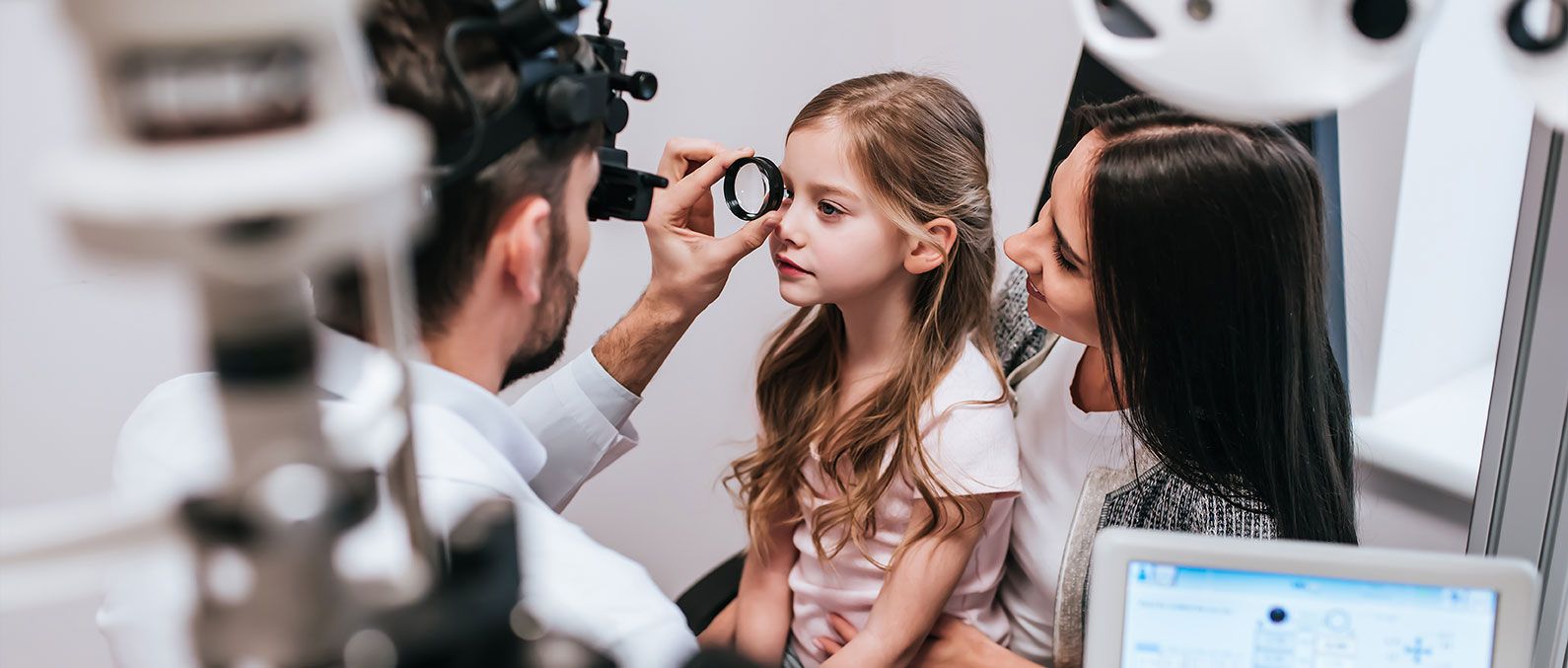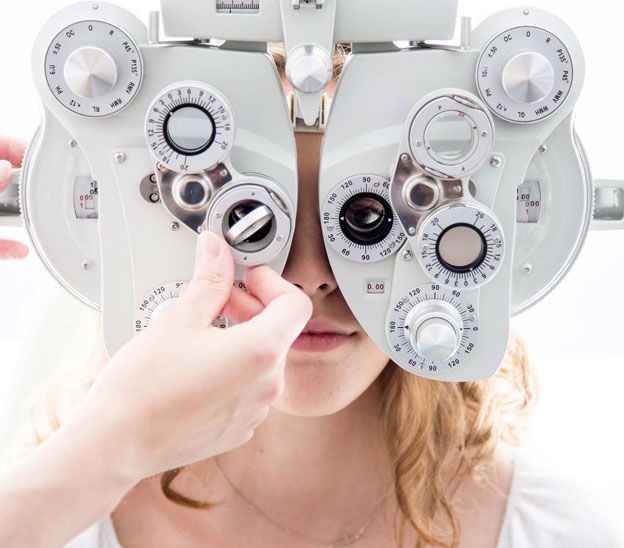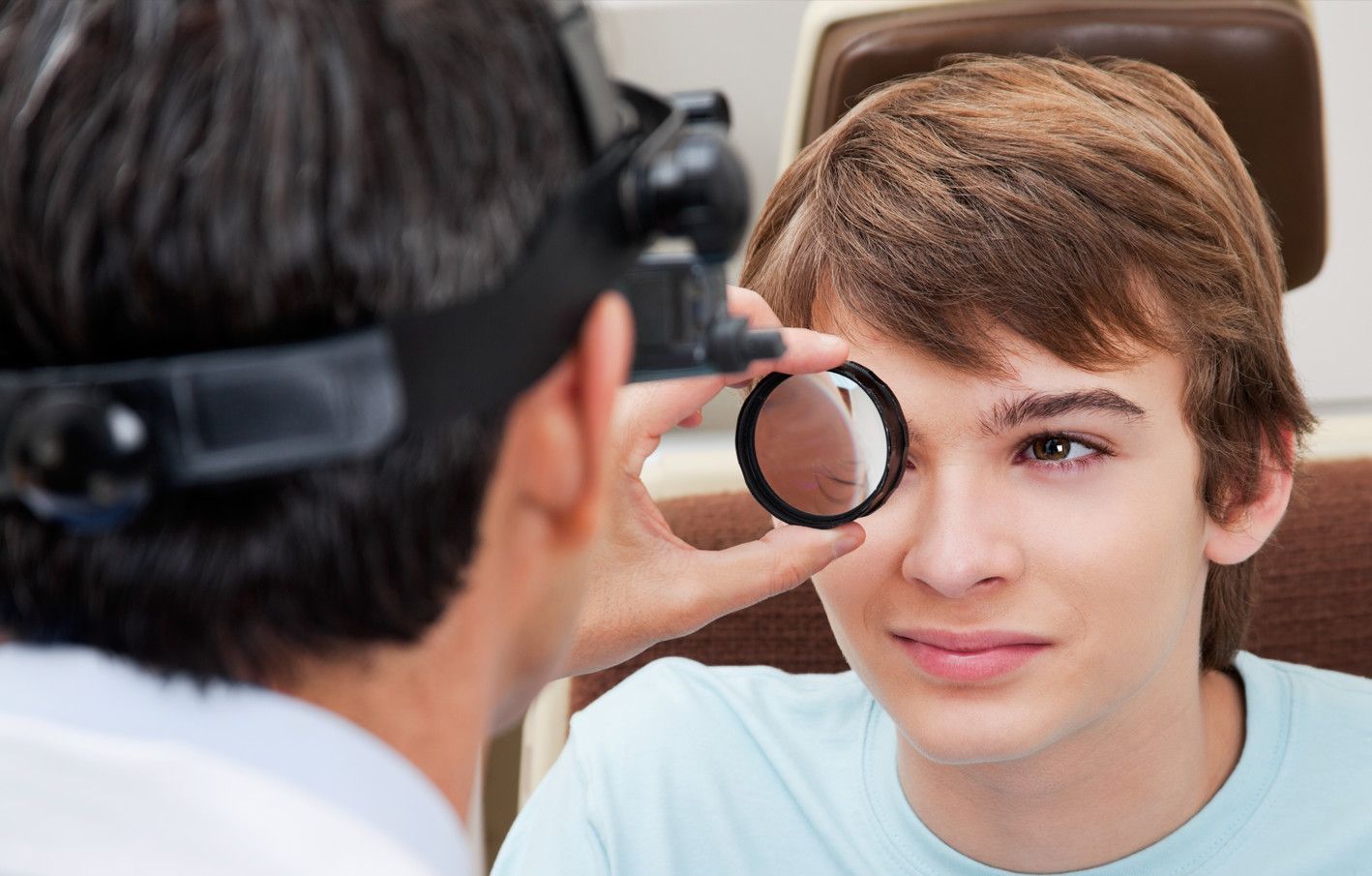

Hyperopia
Learn More About Hyperopia
Schedule An Appointment
Hyperopia is commonly referred to as farsightedness. This condition is caused by a refractive error that does not allow light to be properly focused and interpreted by the retina. People who have hyperopia can generally see objects that are further away somewhat clearly, but objects that are closer to them actually appear blurrier. If you are having difficulty with seeing objects that are far away or close to your eyes, contact South Gate Optometry to schedule an appointment for a comprehensive eye exam today. Our talented staff has the knowledge and tools to properly diagnose and treat a wide variety of issues associated with your eyes and vision.
Causes of Hyperopia
In order for you to be able to see clearly, light must pass through the structures of the eye and focus directly on the retina in the back of the eye. This means that light must be bent or refracted by the cornea and the lens to allow for proper focusing at just the right point. The retina is able to translate this image to the brain and allows you to “see” objects that are both far away and close to you.
Hyperopia happens because either the eye is shorter than normal, or the cornea at the front of the eye is too flat. This means that the focal point for light ends up being just behind the retina instead of directly on it, and the retina can only translate a blurred image to the brain.
In comparison with myopia (nearsightedness), hyperopia is often an inherited trait. Most children are actually slightly farsighted, but have the ability to focus, or accommodate, and their eyes can bend the light rays to allow for the light to focus directly on the retina giving them a clear image. As long as the hyperopia is not too severe, accommodation can usually correct the issue on its own. As the child grows older, the eyes typically grow in length, and the issue resolves itself.
The Symptoms of Hyperopia
People who are experiencing the effects of hyperopia will often have a difficult time focusing on objects that are closer to their face. This often includes reading, and people will instinctively try to push the book or paperback from their face so that they can see it clearly. In addition to blurry vision, many people can also experience eyestrain, squinting, and headaches. If you have any of these symptoms or notice somebody who does, contact South Gate Optometry today to schedule an exam.
Hyperopia is frequently diagnosed as part of a routine eye exam. At South Gate Optometry, we can help to diagnose and layout your treatment options during your exam so that you leave your appointment feeling empowered to correct your vision issues.
Treating Hyperopia
Some of the most common forms of treatment for hyperopia use corrective prescription lenses to allow the light to be properly focused on the retina. These lenses actually account for the current shape of your eye and allow the light to enter at differently so it can be properly interpreted. Fortunately, hyperopia is relatively common, and treatment options are readily available. In addition to helping to properly focus the light on the retina, prescription lenses now have special options that allow for the protection against UV rays, and glasses can be coated with special properties that reduce the glare from a computer or other screens. Some patients even decide that LASIK or another corrective surgery are right for them to achieve clear vision.
Overview
If you have noticed issues with your vision, call South Gate Optometry today. Our staff can help diagnose and treat the issues so you can see more clearly today.

















